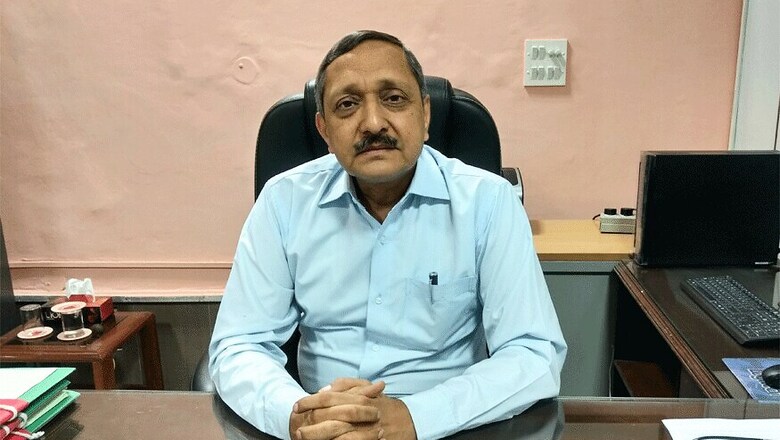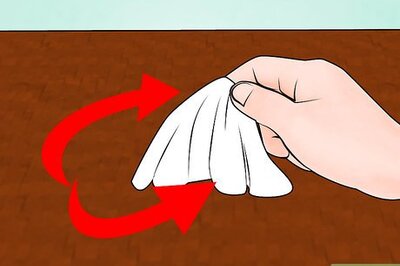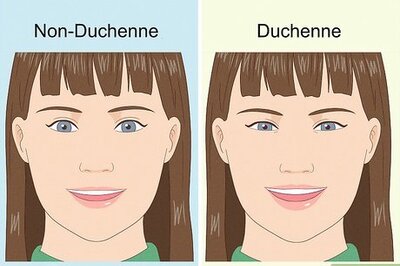
views
New Delhi: A week after the Chairman of National Anti-Doping Agency (NADA’s) Anti-Doping Appeal Panel told News18 that in absence of a law, penalties imposed by NADA on the basis of its Rules were “incorrect”, the Director General of NADA, Navin Agarwal, has said that that Justice GC Bharuka was misunderstood and the existing rules were valid.
Agarwal went on to compare NADA penalties which affect careers of sportsmen with the rules for school students. “A rule is something like... when a child goes to school, the school has rules like come in uniform, come on time, and don’t make noise in class. Now if a child breaks this rule, then penalty is imposed on the child. There is no law, there are only rules. Are those rules unjustified? It is to impose discipline among students who have accepted your jurisdiction by coming to school and agree to abide by your rules. It is similar for sports,” said Agarwal.
On the sidelines of the draft consultation meeting which was held last week to discuss the proposed anti-doping legislation, Justice Bharuka told News18 that the penalties on sportsmen imposed on the basis of the NADA rules had no standing in the Indian law.
“As of now, we are debarring players on the basis of the National Anti-Doping Agency Rules based on World Anti-Doping Agency’s Code of 2015. We need an anti-doping law which should be in tandem with the International Convention against Doping in Sport, 2005, to which India is a party. Plus, under Article 253, only Parliament has the power to make laws for implementing any treaty, agreement or convention,” Justice Bharuka had said.
However, when asked, Agarwal suggested that the NADA rules were “valid”. He said, “As long as there is no issue, it is perfect.”
“The point is that till rules are there, they can be exercised by the concerned agency. Now how far the rules are fair or unfair becomes the discretion of the court till there is a specified law. If there is a law, court will go by the law. So what Justice Bharuka said is that rules have to be framed under a law. If a law is passed by the Parliament and rules are framed under it, then the rules have to pass the test of constitutionality and they have to be in consonance with the law. Right now, as far NADA’s Anti-Doping rules are concerned, there is no law of the land. There are only set guidelines by WADA which have helped in making the rules, under which we are dealing cases. That does not mean that the rules are not valid,” said Agarwal.
The NADA chief also said that the anti-doping legislation is in the process of being drafted and might see the light of the day in a year. He said there will be special provisions on investigation and intelligence gathering in the proposed law to help the athletes who are often caught doping.
“Investigation needs legislative back up, hence that will be part of the deliberations in the committee preparing the draft legislation. Investigation and intelligence gathering will be part of the law,” said Agarwal.
Citing the recent Subroto Paul case, Agarwal said that there was a need to make even medical professionals aware of banned substances as they are the ones prescribing medicines to athletes. He said NADA has recently written to all medical colleges in the country, asking them to make MBBS students aware of the banned substances and drugs.
“We have written to all the medical colleges in the country. We have sent them the prohibited list and stated that MBBS students need to be made aware that these are prohibited drugs and should not be given to sportspersons,” said Agarwal.



















Comments
0 comment